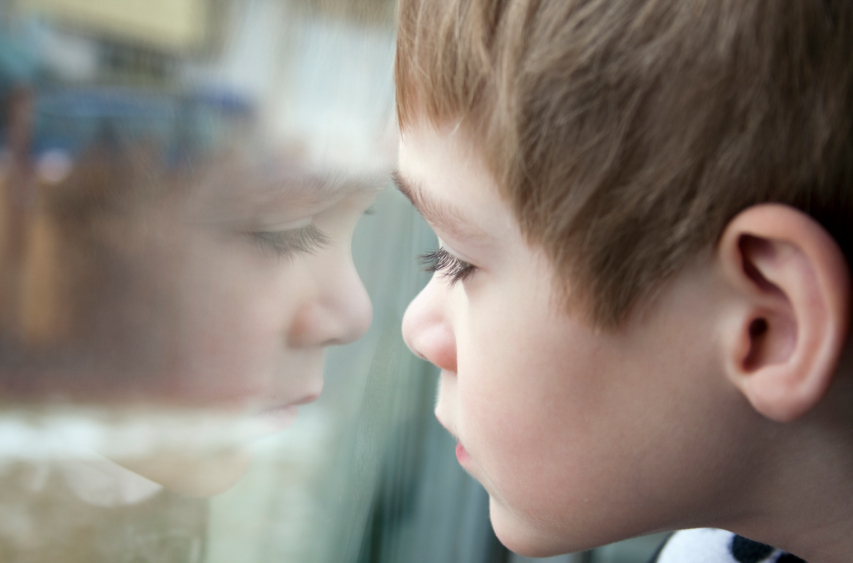Child Psychology: Recognizing Childhood Depression
Unlike most of us think, depression does not affect just adults. Children are also at risk. Child psychology experts in Toronto suggest that recognizing childhood depression is the first and foremost step toward getting better.
Signs of Childhood Depression
As parents, it is your job to see these signs. Your child might be depressed if:
– He is irritable, cranky, angry, tearful, or sad for most of the day
– He doesn’t enjoy the same things that he used to.
– There is a significant change in his body weight and eating patterns.
– He sleeps too much during the day, or too little at night.
– He does not want to share company with family or friends.
– He shows low levels of energy or inability to do simple chores.
– He feels guilty or worthless.
– He struggles with focusing and decision making.
– His grades are suddenly dropping.
– He does not show concern about his future.
– He experiences pains and aches that are inexplicable.
– He expresses ideas or thoughts about committing suicide.
It is possible to see one of these in kids who are not depressed. However, if more than a few manifest in your child almost daily, consider them a red flag and seek help. Here at Positive Kids, we aim to put the needs of your children first. By helping you get reassurance about what your child is going through, we limit the unnecessary stress of not knowing what to do. Our child psychology experts will guide your family through this difficult phase.
The Child Psychology behind the Problem
Together, we will come up with a plan on how to deal with each struggle, symptom, and worry. By making a personalized plan of treatment, possibly including therapy, we will hold your child’s hand throughout his depression so that he will not feel alone in his difficulties. Our child therapists will engage in conversation about his thoughts and feelings in order to arrive at the possible root of his problems. Once we have diagnosed the situation, we will help you come up with a healthy plan of action and rehabilitation.
Often, kids react differently to external and internal factors. These might include changes in their living situation, issues at school or with friends, as well as other personal hurdles. At the same time, it is also possible that there is an underlying medical condition that is causing depression in your child. If this is the case, a holistic approach toward his care is required. Medications and other forms of therapy might be prescribed by our licensed doctors.
Additional Resource on the Child Psychology of Depression
To get a better idea of what the danger signs of depression in children are, check out this helpful post on child psychology from the American Academy of Pediatrics. The American Academy of Child and Adolescent Psychiatry also guides parents and families in recognizing and dealing with childhood depression.

